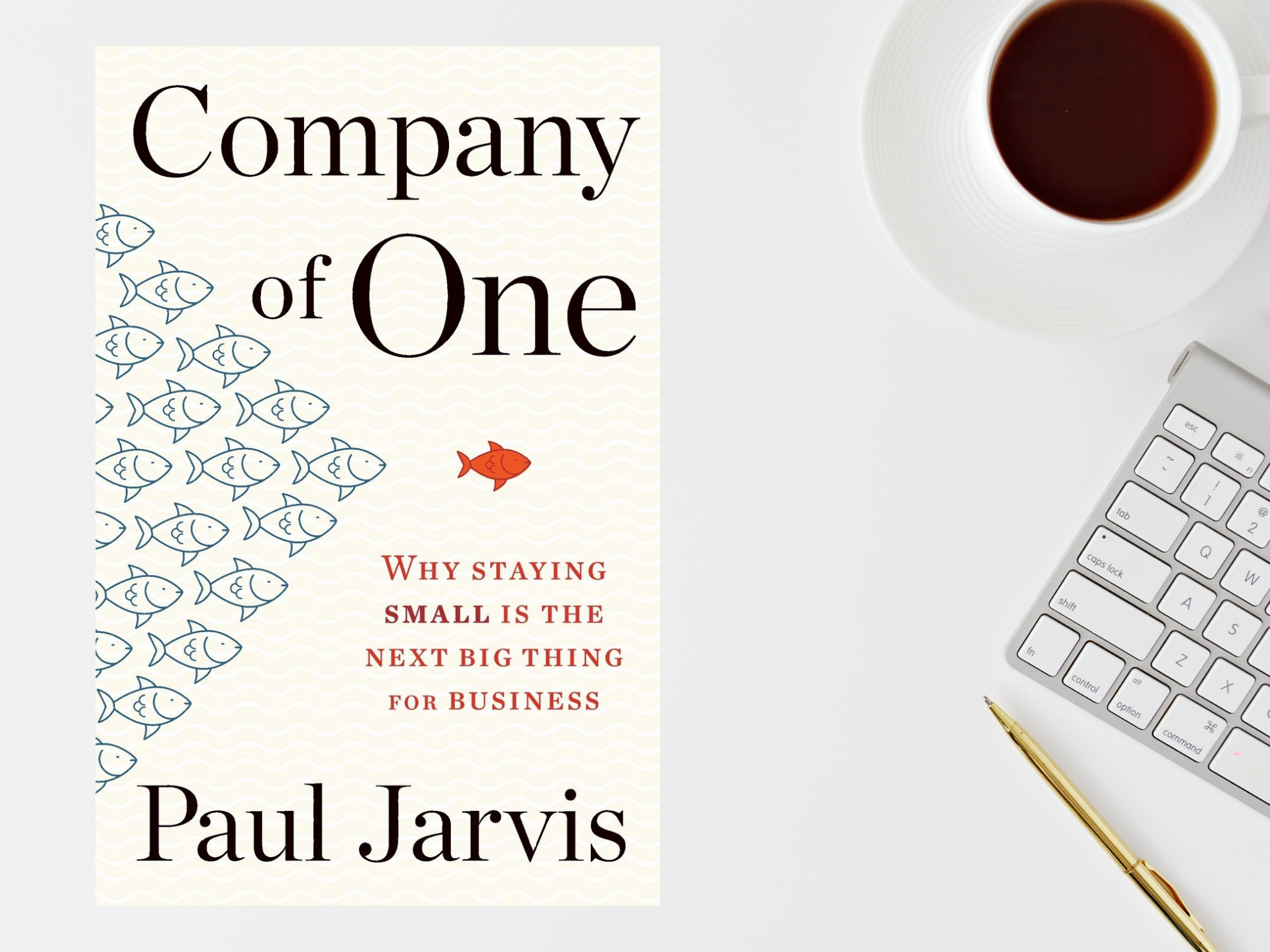“If he were to double his profits, like his friend was trying to do, how much more work would be involved? How would that extra work affect his family or his life overall? Sean doesn’t want that complexity, the added stress and responsibility. He’d much rather make a great living without his work taking over all aspects and hours of his life. So succeeding, for Sean, means staying small.”
Success doesn’t have to mean your face is plastered on the cover of Entrepreneur or Fortune magazines. You don’t have to have a private jet, a family trust, an investor profile on AngelList, and you don’t need to live in a mansion or send your kids to a private school. Don’t read me wrong, you can do all of this if you want, but your personal definition of success isn’t required to be defined by our modern cultures.
For me success is defined as being able to spend time reading books, taking long afternoon walks, playing chess, learning new hobbies such as tennis, and spending quality time with my family, without having to constantly check in on problems at work. All this while having personal relationships with my clients and making a modest income is the type of success that is worth holding onto.
Paul Jarvis has written a couple refreshing books that run completely contrary to normal business books. Company of One and Everything I Know.
He writes, “If you’re a company of one, your mind-set is to build your business around your life, not the other way around. For me, being a company of one means not having to bother with infinite growth, since that was never the purpose of my working. Instead, I just focus on maximizing work in a way that works for me, which can sometimes mean doing less. Work can be done at a pace that suits my sanity rather than one that supports costly overhead, expenses, or salaries. As much as I enjoy growing my wealth, I also realize that there’s a point of diminishing returns if I don’t also take care of myself and my well-being.”
That sure sounds different doesn’t it?
How would your business have to change for you to have this level of freedom?
“The social badge of honor for always being busy and always working has no rewards past bragging rights. It also has no place in the company-of-one mind-set. What you should be bragging about is figuring out how to get your work done quicker and more productively.”
“Since most of us aren’t even aware of how much time daily job maintenance takes up, Glei suggests doing a productivity audit once or twice a year: for a week or two, record what tasks you’re working on, for how long, and where the big distractions lie. With this record, you can reapportion your time more appropriately or even create a “stop doing” list—such as stay off social media, forgo daily meetings, or be available on a chat for one hour instead of eight.”
With this log in hand what tasks would you drop immediately? If you paused right now and thought for about a minute, without even starting a log I bet you could name a few tasks you should not be doing. Tasks that are draining or that you work on just to fill your time.
What automations can you introduce to your business? Instead of adding more employees to complete theses tasks, that you’d then have to train and follow up on, can you introduce a new piece of software? Can you re-work your business model to no longer need to do some of your work at all?
“Immediately with what you’ve got available to you right now. Work on things like sales funnels and automation when it no longer makes sense to personalize your interactions with your customers in surprising and delightful ways. We’ve become enamored with new technologies, new software, and new devices, and too often large companies and even solo companies try to incorporate them into their existing structures in an effort to “keep up.” The problem here is mistaking “simple” for “easy.” Often we try to be simpler and end up more complicated. We add more tools, more software, more devices to the mix to make things easier, without testing or questioning how easy they’ll be to use on a daily basis.”
Instead of hiring more people to grow his profits, Jarvis doubled his rates over and over until demand for his work slightly exceeded the time he had available. He just needed to focus on doing better and better work. Doing this allowed him to put in the same number of hours and still increase his revenue. Sharing, “Staying small is still my end goal… I look toward betterment instead of infinite scalability.”
I’ve wanted to write this review for almost a year now, but I filled over six pages of highlights and could write four posts to cover it all. So here is part one, I plan to write another part in the future where I talk about more lessons I gleaned from Jarvis’s book. In other words, if you are looking for a new perspective on running a business, I suggest picking up this book.
